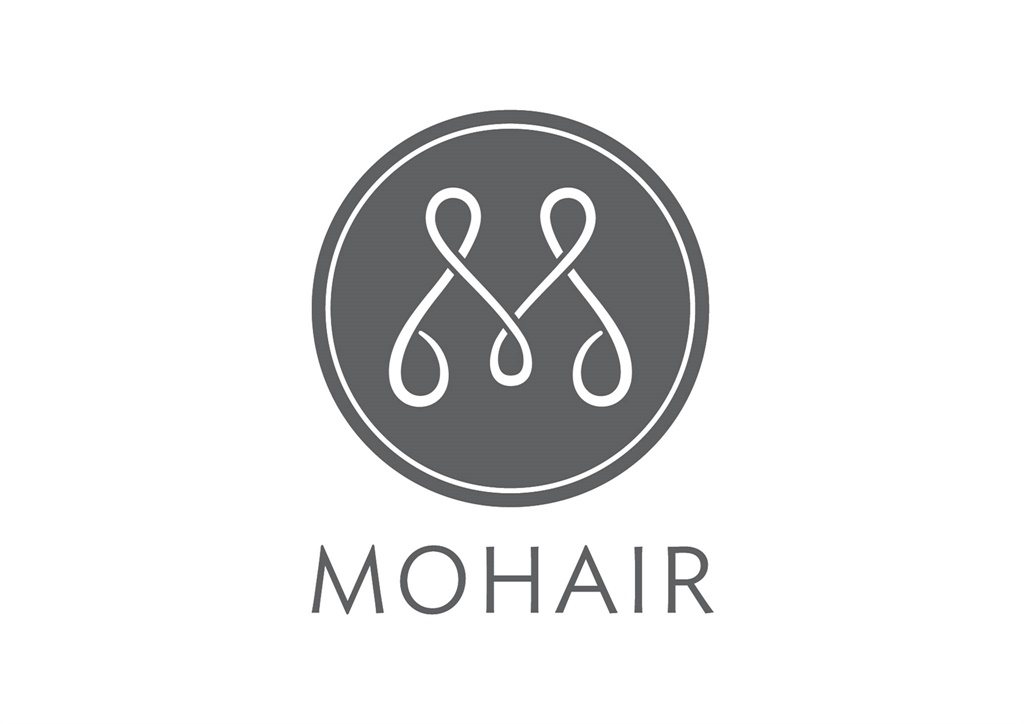
Mohair SA is on a massive drive to try to clean up the tainted image of the industry, following a worldwide outcry over the cruel handling of goats and sheep during shearing by some of the country’s mohair farmers – which has led to more than 300 high-end fashion stores worldwide banning mohair products.
The R1.5 billion industry, which exports 3.8 million kilograms of mohair and has about 30 000 South Africans in its employ, is now in the process of introducing internationally accepted best practice in a document called the Draft Responsible Mohair Standard. It will serve as a voluntary global system that addresses the welfare of Angora goats and the land they graze on.
This standard will be used as a guideline for mohair farmers to ensure sustainable business practices.
However, international animal rights organisation People for the Ethical Treatment of Animals (Peta), says the move by Mohair SA is “too little, too late”.
Responding to written questions from City Press this week, Ashley Fruno, Peta’s spokesperson for Asia and Africa, said that whatever Mohair SA was now trying to implement would not bring back the more than 300 companies that had banned mohair products.
“Over 300 major companies worldwide have banned mohair. They have moved on from mohair, and we do not know of any thinking of reverting to mohair,” said Fruno.
“Regardless of any standards intended to reduce harm, it will never change the fact that mohair comes from goats ... Being handled by humans, even if the intention is to be less aggressive, causes them extreme distress and fear.
“History has shown us that standards promoting so-called responsible products do not ensure animal welfare. They are just a veil for companies to hide behind while the industry continues business as usual.”
Riaan Marais, spokesperson for Mohair SA, said the organisation had roped in Textile Exchange, an international nonprofit company that “identifies and accelerates sustainability practices in the textile industry”.
“We have now brought in Textile Exchange to help Mohair SA provide the industry with a tool to recognise the best practices of farmers, ensuring that mohair comes from farms with a progressive approach to managing their land, and also from goats that have been treated responsibly,” said Marais.
“There is a new set of standards currently in development with Textile Exchange. We are confident that these standards will change the public’s perception of the industry.”
During their investigations last year, Peta Asia inspectors visited 12 mohair farms in South Africa. They found that goats were abused and badly handled during shearing. Some of the animals were left with open wounds after being cut as shearers rushed to meet targets.
“The shearers are not paid per hour but per volume, and so in trying to meet their high volume targets, they become careless and aggressive when handling the animals,” a Peta inspector found.
Marais said there are 1 000 mohair-producing farmers in South Africa, of which 800 are large enough to be considered commercial producers.
“The majority of these farms are found in the Karoo region, which stretches across the Eastern and Western Cape. About 30 000 people are directly and indirectly dependent on the mohair industry in South Africa.”
Some of the well-known global brands that have banned mohair products are H&M; multinational apparel retailer Inditex, which owns Zara stores; Gap; the Arcadia Group, which owns TopShop; Adidas; Columbia; Forever 21; Overstock; Uniqlo; Venus; and Timberland.
South Africa produces about 50% of the world’s mohair. Downplaying the effect on the industry following the banning of mohair by the abovementioned fashion houses last year, Marais said: “There has been little change in the market. There has been no real impact on mohair production, sales or prices.”




 Publications
Publications
 Partners
Partners








